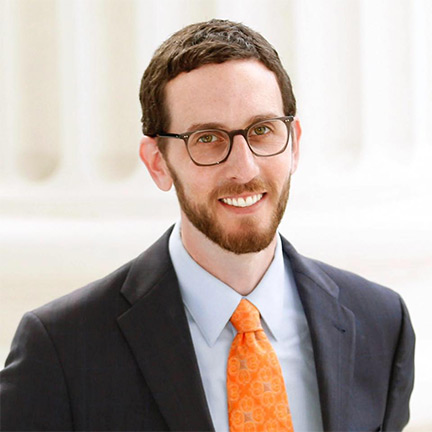Sacramento – Senate Bill 57, authored by Senator Scott Wiener (D-San Francisco), has passed the Senate Public Safety Committee by a vote of 4-1. This legislation would legalize overdose prevention programs, also known as safe consumption sites or safe injection sites, as a pilot program in San Francisco, Oakland, and the County of Los Angeles.
Each of the pilot areas will decide locally whether to participate, and SB 57 simply removes the state prohibition that currently makes such programs illegal.
COVID-19 has increased the urgency to legalize overdose prevention programs, given that overdoses and substance use overall are both rising significantly. For example, San Francisco saw a record number of overdose deaths in 2020, with 699 deaths total. This is a public health crisis and it is preventable.
Overdose prevention programs — which have been in existence for years in Europe, Canada, and Australia, with proven success — are supervised facilities where those using drugs intravenously or otherwise can do so more safely, with the goal of transitioning them into recovery programs. SB 57 allows the City and County of San Francisco, the County of Los Angeles, and the City of Oakland the discretion to establish and run these programs, where adults may use controlled substances under the supervision of staff trained to prevent and treat overdose, prevent HIV and hepatitis infection, and facilitate entry into drug treatment and other services. This law would act as a pilot program, and would sunset on January 1, 2027.
San Francisco has repeatedly requested this authorization. Oakland’s Mayor and City Council requested last year to be included. The Los Angeles County Board of Supervisors voted unanimously to support SB 57 and to include Los Angeles County in the pilot.
Trained professionals provide those who visit overdose prevention programs with clean needles, have supplies such as Narcan on hand to help in the case of an overdose, and may have testing for fentanyl and other potentially lethal drug additives. Studies show that these programs prevent overdose deaths and help those struggling with substance use disorder get connected to treatment and other services. Additionally, overdose prevention programs are an important harm reduction measure that help limit the spread of communicable diseases, like HIV and Hepatitis C, through intravenous drug use. They also reduce crime and syringe litter in the surrounding area and give those who use drugs the ability to avoid using in public spaces.
This legislation has been introduced multiple times, and passed the legislature in 2018. It was vetoed in 2018 by then-Governor Jerry Brown. The legalization of overdose prevention programs has broad support from the leadership of San Francisco, Oakland, and Los Angeles County.
Drug Policy Alliance, San Francisco AIDS Foundation, California Society of Addiction Medicine, National Harm Reduction Coalition, Healthright 360, Tarzana Treatment Center, and the California Association of Alcohol & Drug Program Executives are co-sponsoring this legislation.
“We are seeing a record number of overdoses, and Overdose Prevention Programs will help address this tragedy by effectively preventing those using on site from overdosing,” said Senator Wiener. “People are struggling during the pandemic: drug use and mental health crises are on the rise. Safe consumption sites are a proven way to help people access to safer use, care and treatment. We all know someone struggling with addiction, or perhaps are struggling ourselves. It’s time to destigmatize substance use and invest in harm reduction methods that help people stay safe and get better in the long run.”

